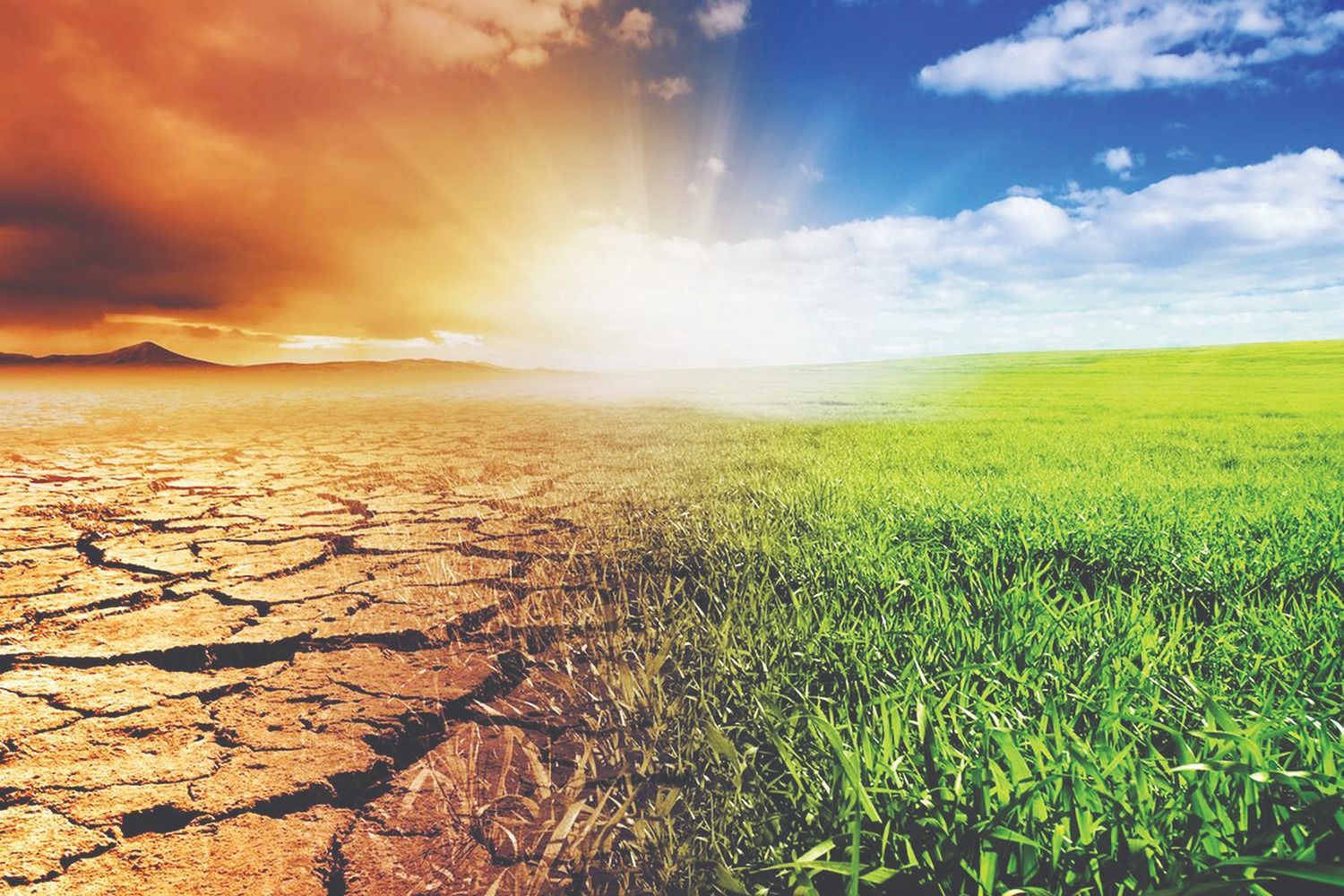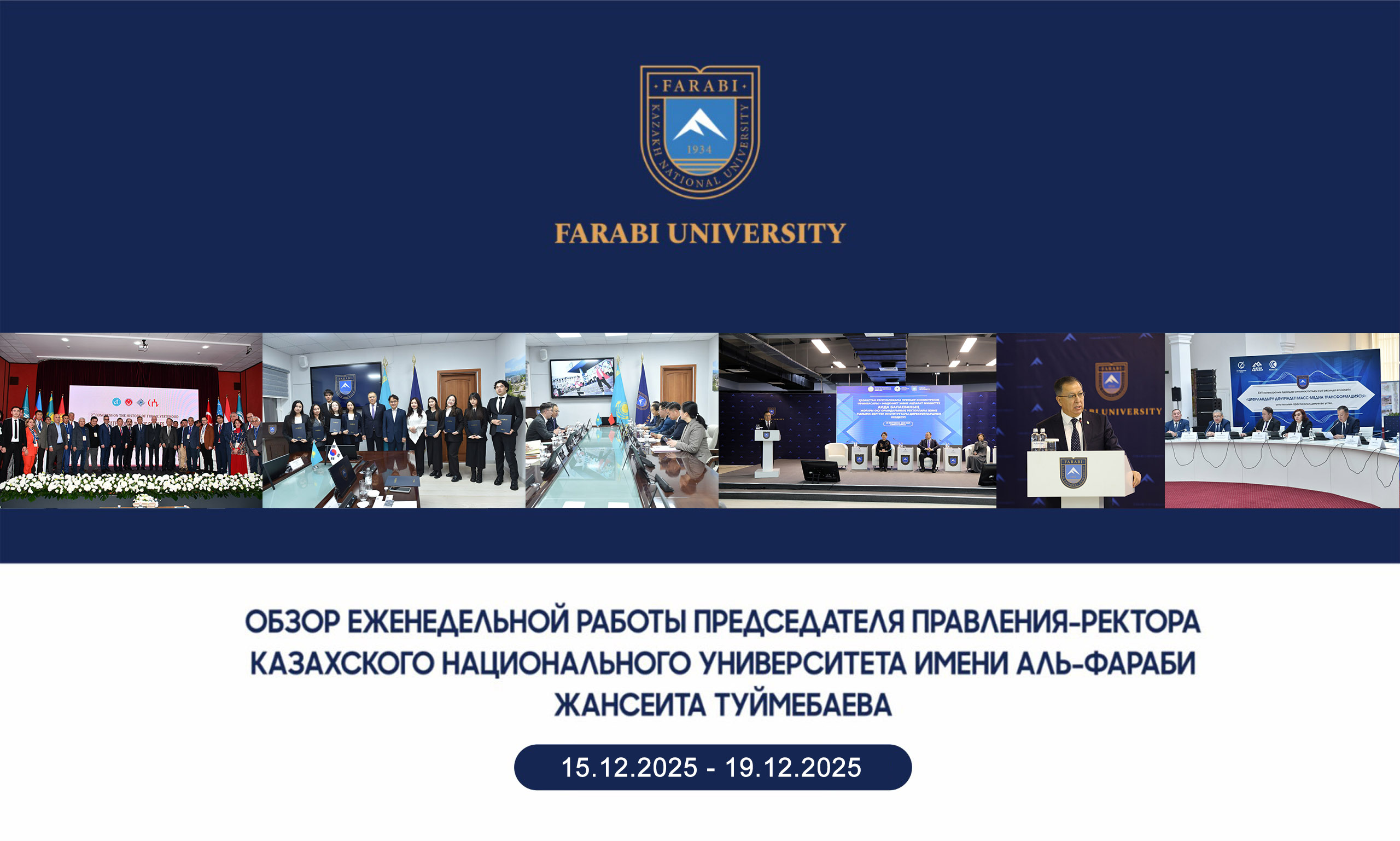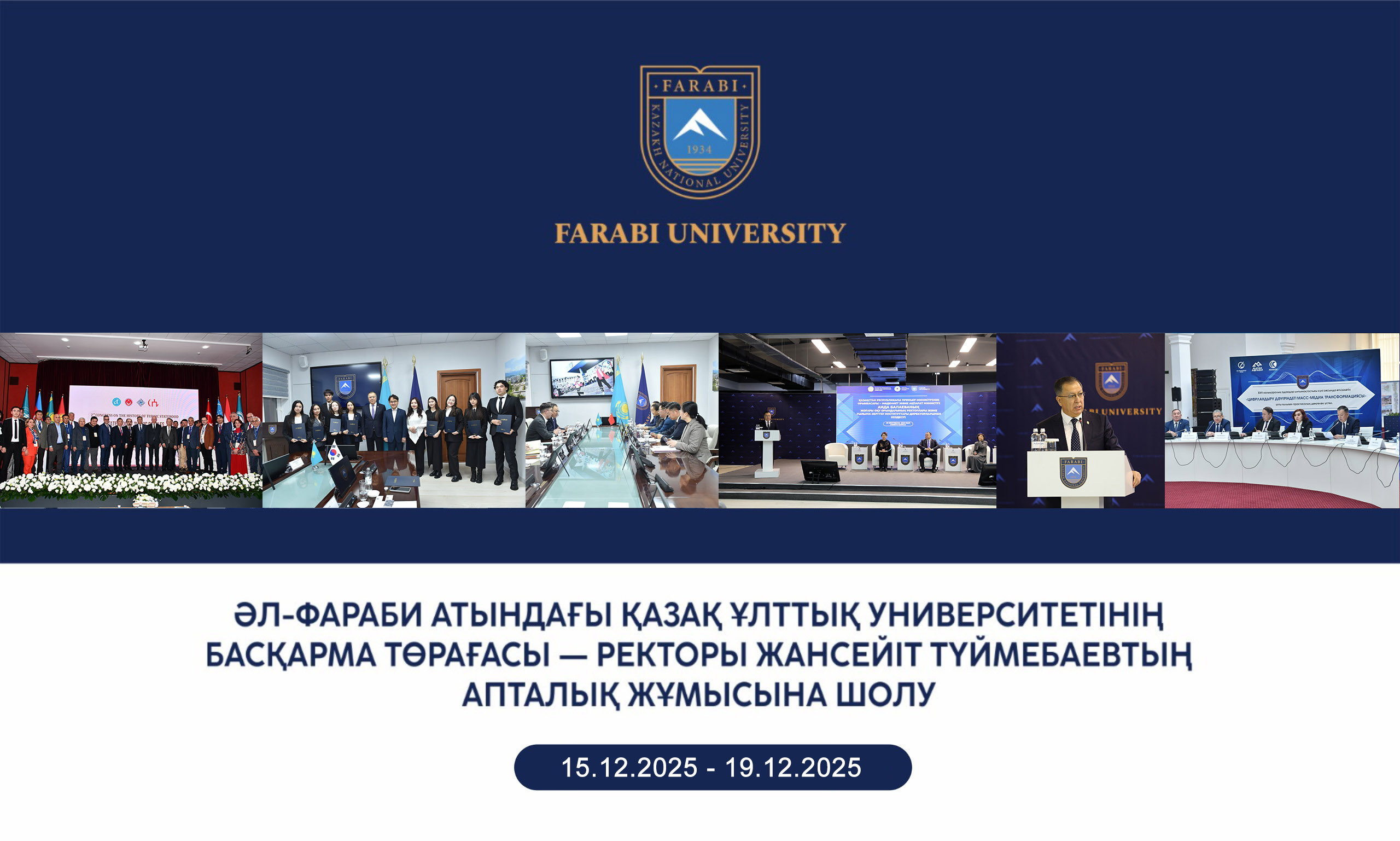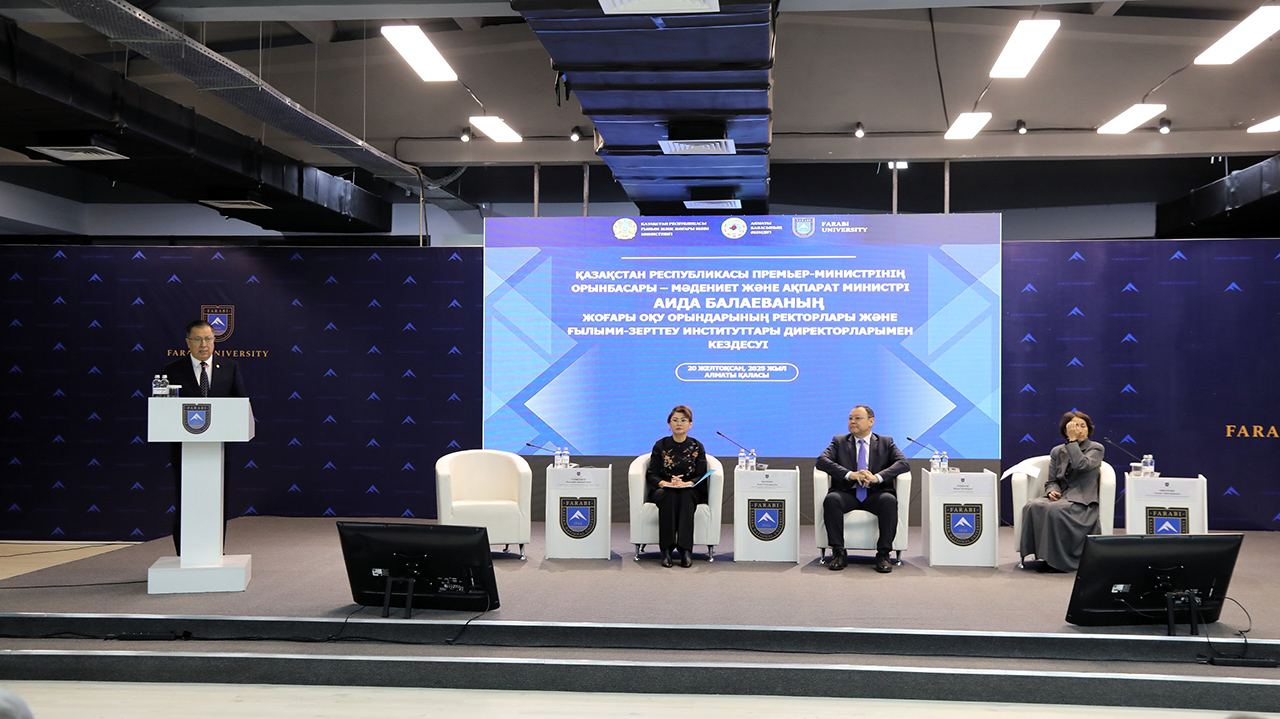
Kazakhstan, as a member of the World Community, is actively developing ways to adapt to global climate change, seeking to ensure sustainable and progressive growth, social inclusion and environmental protection in partnership and peace.
In early 2023, the "Strategy for achieving carbon neutrality of the Republic of Kazakhstan until 2060" was adopted. It was preceded by a large and multidisciplinary work on the implementation of the "Concept of Transition of the Republic of Kazakhstan to" green economy ", the development and implementation of state programs of industrial and innovative development, the implementation of the UN Sustainable Development Goals.
President of Kazakhstan Kassym-Jomart Tokayev at the Sustainable Development Summit in Abu Dhabi (UAE, 2023) said: "Kazakhstan has made long-term commitments to achieve carbon neutrality. In fact, our country was one of the first to ratify the Paris Treaty. Since then, we have formulated an ambitious but well-thought-out policy aimed at diversifying the economy and promoting renewable energy and sustainable technologies," he said. The implementation of low-carbon policies aimed at adapting to the effects of climate change should be comprehensive and involve various sectors of the economy, and the tasks of transformation of scientific, technological and professional human resources play a crucial role in this.
For timely realization of the planned sustainable development goals, Kazakhstan and other countries of the world need highly qualified specialists in the field of advanced technologies, managers and researchers. Their quality training should be provided by universities. Universities play a leading role in addressing the issues of achieving carbon neutrality and sustainability through their research, policy proposals and student education.
In this regard, Al-Farabi Kazakh National University actively develops international relations and takes a leading position. Thus, Al-Farabi Kazakh National University became the first university in the country and the region to be included in the United Nations Academic Impact (UNAI) program. Al-Farabi Kazakh National University took an active part in international consultations on the program of action dedicated to the UN Global Forum RIO+20, was one of the initiators of a separate panel on education for sustainable development with the participation of universities in Asia, Europe and Latin America. Al-Farabi Kazakh National University was one of the first to sign the RIO+ 20 Declaration of Universities for the Promotion of Sustainable Development, a virtual-communication platform Green Bridge through Generation www.greenbridge.kaznu.kz was created.
As part of the global community, the University conducts fundamental work to address climate issues as part of its contribution to all Sustainable Development Goals. Scientific research of the University scientists is related to global and regional changes in modern climate; climatic conditions of Kazakhstan; condition of the air basin of the Republic of Kazakhstan; influence of observed and expected climate changes on river ecosystems and others. The results of research of the teaching staff and young scientists of the University are published in monographs and scientific high-rating publications indexed in Scopus and Web of Science bases, as well as in the list of publications submitted by the Committee for Control in the Sphere of Education and Science of the Ministry of Science and Higher Education of the Republic of Kazakhstan.
Educational programs of Al-Farabi Kazakh National University clearly demonstrate the university's experience in the field of climate change, environmental protection and sustainable development. Students are offered internships and opportunities in academic subjects related to sustainable development, and student societies are the first to hold open hours. The University is focused on developing skills to address these issues in order to shape students as socially responsible global citizens. It is worth noting that students are introduced in depth to the Sustainable Development Goals in industry subjects; have the opportunity to study disciplines related to clean energy and climate change; and a range of interdisciplinary modules are offered to establish expertise in climate change, sustainable development, including positive community relations.
The Kazakh National University named after Al-Farabi has a special focus on clean energy and climate change. Al-Farabi focuses on a program to reduce carbon emissions and increase biodiversity on campus. The university's climate change policy is based on the introduction of new achievements in science and technology to improve energy efficiency, greening, infrastructure development, and integration into the country's ecosystem. The Kazakh National University named after Al-Farabi is actively working on the creation of the author's concept of "ECO Office" https://greenoffice.kaznu.kz/, based on the developed unique criteria, including measures for energy saving, resource conservation, waste reduction and environmentally friendly recycling.
The purpose of this program-increasing environmental comfort in working, educational institutions, transition to an ecological and low-carbon lifestyle, attracting and promoting advanced green technologies in the fight against climate change, and building environmental awareness among university staff and students.
Reducing energy consumption and emissions on campus remains one of the priorities of the university's climate change policy, and we will continue this challenge through the most sustainable innovations in efficient energy management and the use of renewable energy sources.
Aina Rysmagambetova,
Deputy Dean for Research and Innovation Activity of the Faculty of
Geography and Nature Management and International Relations


